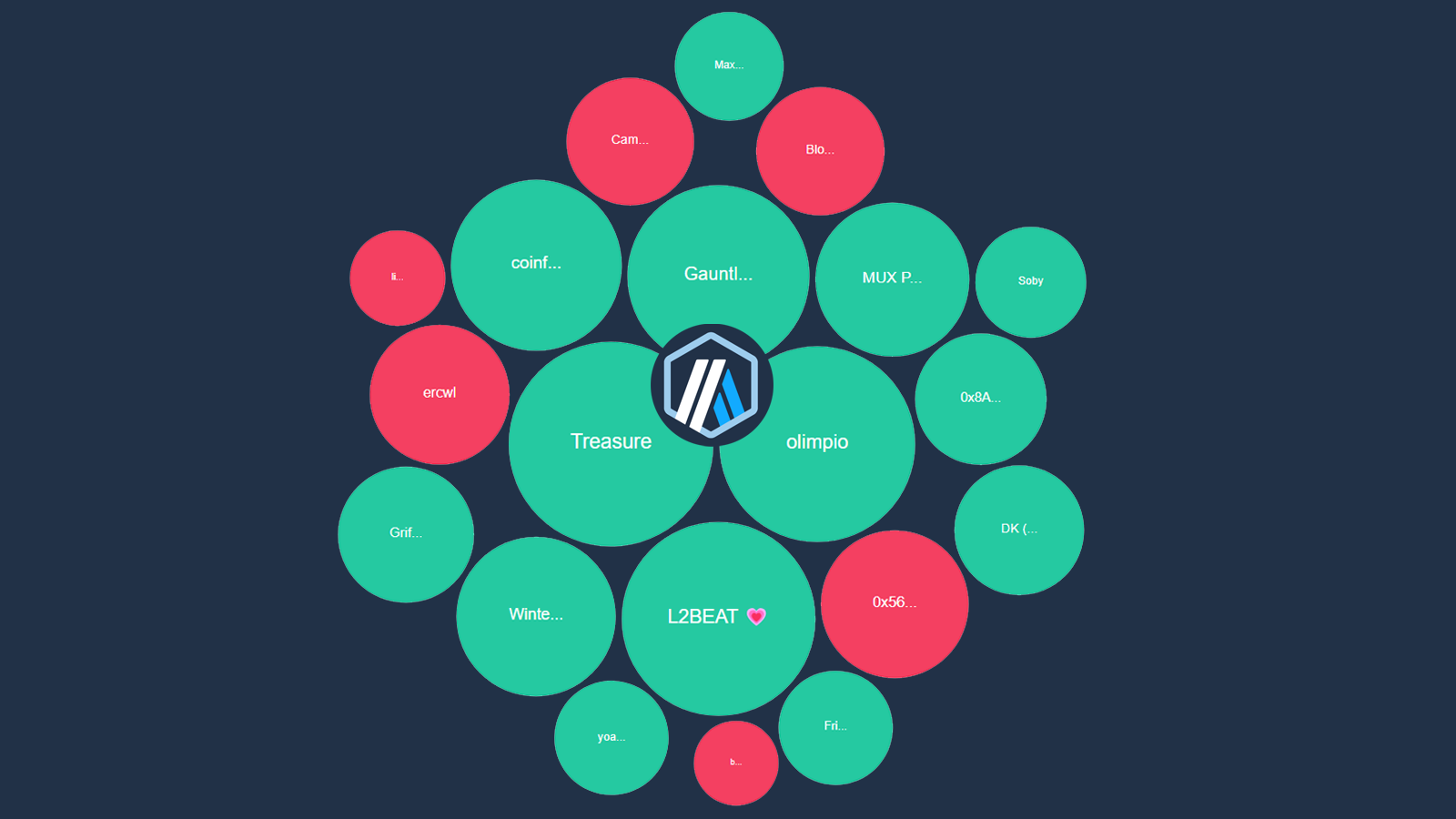To boost gaming on Ethereum L2 Arbitrum, a majority of quorum ARB token holders have voted in favour of a Gaming Catalyst Program, which is currently worth around $220 million.
Proposed by a group including Treasure DAO co-founder Karel Vuong and voted on via the Arbitrum DAO, the move sees 200 million ARB tokens – 8% of its overall ecosystem fund: currently worth $193 million – allocated to encourage gaming on the blockchain over a three year period.
Vuong commented on the positive outcome on LinkedIn, “This was a Herculean, community-led effort to draft, propose, educate, defend, and drive this endeavour forward within Arbitrum DAO. While DAOs can be messy, this serves as further proof that, with enough coordination, passion, energy, and substance, decentralized governance can and does work.”
Despite its scale, the program is labelled “a catalyst, not a comprehensive program”. Part of the funding will be used to co-invest into studios and games, while other resources will be used to create an organization to grow Arbitrum into “the top choice for game builders”.
Specifically, 160 million ARB tokens will be allocated for “builder onboarding and growth” with 40 million ARB tokens for “infrastructure, tooling and stylus development”.
On top of this, $25 million – an additional 25 million ARB tokens – is required for program administration and operation, including $18 million for salaries, $3 million for legal fees and $2 million for marketing, conferences and travel.
The GCP will be overseen by a five-person council, who will be responsible for holding the operating team accountable to hit its goals of funding 100-200 games, including those migrating to Arbitrum from other L2 blockchains. It also expects to launch more than 50 titles on the Arbitrum Orbit infrastructure via which developers can launch their own L2 or L3s.
The yearly breakdown of KPIs is listed as below.

DappRadar currently lists the top Arbitrum game, Delabs’ Rumble Racing Star, which recently migrated from Polygon as already having 18,000 DAUWs, so the 20,000 target seems somewhat unambitious given the scale of the project.
Yet, if nothing else, the process is a demonstration that an expensive proposal can be debated with a DAO structure and win, in this case with 76% of tokens voting for.

